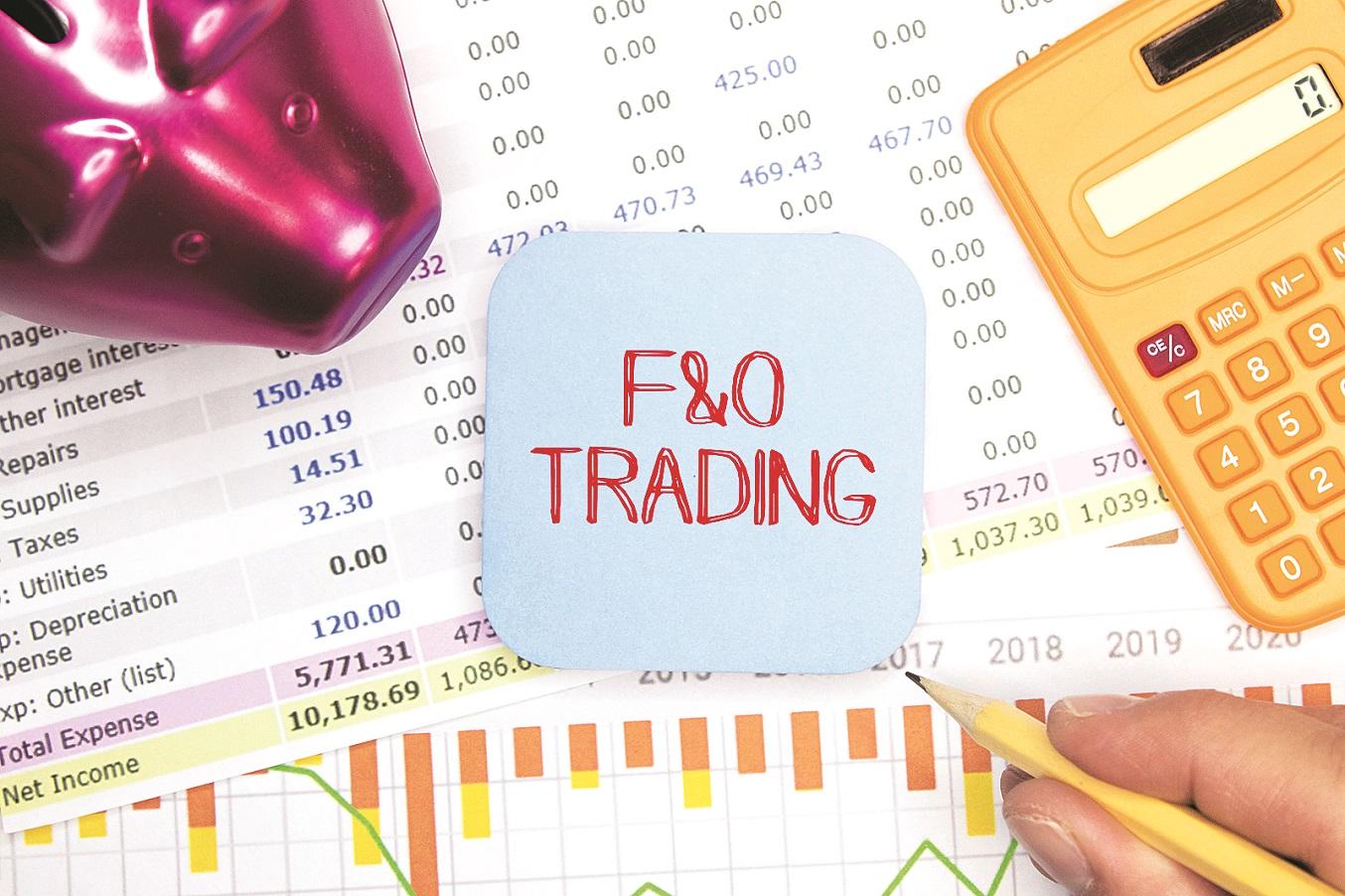Many retail traders entering the futures and options (F&O) segment remain unaware that their trading activity is treated as a business under Indian tax laws. As a result, they often miss key compliance requirements—especially when it comes to maintaining books of accounts and carrying forward trading losses.
This week’s Ask Wallet Wise query sheds light on how traders should handle these obligations to stay compliant and avoid penalties.
Ask Wallet Wise: Guiding Retail Investors on Money Matters
Moneycontrol’s Ask Wallet Wise initiative helps readers understand complex financial topics through expert-backed insights. Readers can write to askwalletwise@nw18.com with their questions on taxation, investments, loans, savings, and more. Each query is answered by a qualified financial specialist.
The Query: How Should F&O Traders File Their IT Returns to Carry Forward Losses?
A reader engaged in options trading asked how they could carry forward their current losses into future financial years. They mentioned maintaining bank statements and broker contract notes as their record of trading activity and sought clarity on the correct section under which their income tax return should be filed.
Expert Insight: F&O Trading is a Business, Not Capital Activity
According to the expert, regular options trading is classified as a business, not an investment activity. This classification brings a different set of rules and responsibilities for taxpayers.
When Must a Trader Maintain Books of Account?
A trader dealing in F&O must maintain proper books of account if:
- Annual income from trading business exceeds ₹1.2 lakh, or
- Business turnover crosses ₹10 lakh in a financial year.
This threshold brings most active F&O traders squarely within the compliance net.
Bank Statements and Contract Notes Are Not Enough
Many traders believe their broker contract notes and bank statements constitute adequate records. However, the expert clarified that these documents alone do not meet the legal requirements.
A compliant books-of-account setup must also include:
- Cash Book
- Bank Book
- Journal
- Any supporting ledgers associated with trading activity
These records help demonstrate profitability, losses, expenses, and turnover calculations required for tax filing.
Failing to maintain these prescribed books may attract a penalty of ₹25,000, making it important for traders to keep their accounts organized.
Carrying Forward Losses: File Under the Correct Return Section
To carry forward F&O losses to future years, traders must file their income tax return under the section meant for business income. Filing under an incorrect category can result in the loss not being eligible for carry-forward benefits.
Carried-forward losses can be set off against future business income, offering meaningful tax relief for traders as they continue their activity in subsequent financial years.
Why Proper Compliance Matters for Retail F&O Traders
With the rapid rise of retail participation in derivatives trading, many new traders underestimate the tax and documentation obligations that come with it. Improper record-keeping or filing under the wrong return type can:
- Lead to penalties
- Disqualify loss carry-forward claims
- Trigger scrutiny from tax authorities
Understanding the business nature of F&O trading ensures better compliance and smoother future filings.











